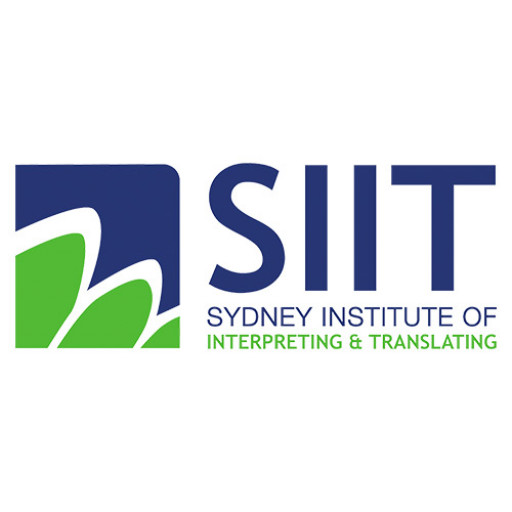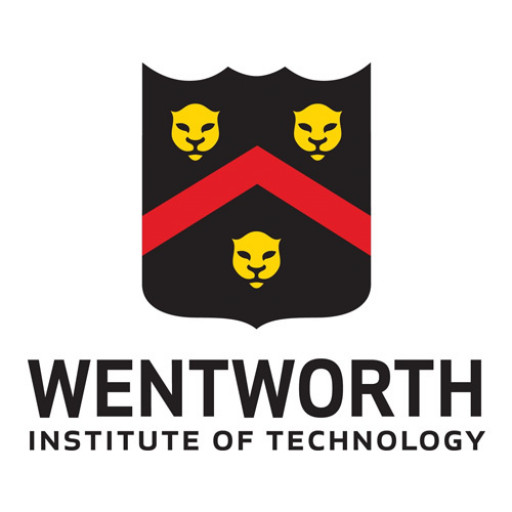The Interpreting (LOTE English) program at the Sydney Institute of Interpreting & Translating is designed to develop professional interpreting skills for students proficient in a language other than English. This program provides comprehensive training in the essential techniques and ethical standards required for effective interpreting in various settings, including community, legal, medical, and business environments. Throughout the course, students engage in rigorous practice sessions that simulate real-world scenarios, fostering their ability to accurately and confidently interpret spoken language in high-pressure situations. The curriculum emphasizes not only language proficiency but also cultural competence, ensuring interpreters are equipped to handle diverse interlocutors and sensitive topics with professionalism and integrity. Participants will learn about industry best practices, the importance of confidentiality, and the importance of continual professional development in the interpreting profession. The program features a combination of theoretical instruction, practical exercises, and supervised internships, enabling students to apply their skills in authentic contexts. Graduates of this program will be well-prepared for certification examinations and will possess the competence necessary to pursue a successful career as a qualified interpreter across various sectors. The Sydney Institute of Interpreting & Translating is committed to providing high-quality education that meets industry standards and prepares students for the dynamic demands of the interpreting profession in a multicultural society.
The Interpreting (LOTE English) program at the Sydney Institute of Interpreting & Translating is designed to equip students with advanced skills in language interpreting between their native language (LOTE) and English. This program offers comprehensive training that combines theoretical knowledge with practical application, ensuring that graduates are well-prepared to meet the demands of professional interpreting in various settings. Throughout the course, students engage in intensive language development exercises, focusing on both consecutive and simultaneous interpreting techniques. They learn to analyze and accurately convey complex information across cultural and linguistic boundaries, ensuring clarity and fidelity in communication.
The curriculum covers a broad range of topics, including ethics and professionalism in interpreting, terminology management, note-taking skills, and stress management strategies. Students also explore specialized fields such as legal, medical, business, and community interpreting, gaining sector-specific terminology and contextual understanding. The program emphasizes practical experience through simulated interpreting sessions, role-plays, and internships, providing real-world exposure that builds confidence and competence. Additionally, the course addresses challenges faced by interpreters working in high-pressure environments, preparing students to perform effectively under stress.
Instruction is delivered by experienced professionals and industry experts who bring current insights and best practices into the classroom. The program also offers opportunities for peer collaboration and feedback to foster continuous improvement. Graduates of this program will have demonstrated proficiency in interpreting, along with a strong ethical foundation and cultural sensitivity, enabling them to serve diverse communities and organizations with professionalism. Upon successful completion, students will be prepared for careers as interpreters in government agencies, courts, healthcare facilities, international organizations, and private sectors, enhancing their employability and contribution to multicultural communication.
The Bachelor of Interpreting (LOTE English) program at the Sydney Institute of Interpreting & Translating is designed to prepare students for professional careers in interpreting and translating between English and a designated language other than English. The program typically requires students to complete a comprehensive curriculum that combines theoretical knowledge with practical skills development. Core modules often include advanced language proficiency, interpreting techniques, translation strategies, cultural competence, ethics and professionalism in interpreting, and specialized terminology management. Students are generally expected to demonstrate high-level language skills in both English and their chosen language, evidenced through rigorous assessments and practical examinations. The program emphasizes experiential learning through simulated interpreting scenarios, internships, and industry placements to ensure students are ready for real-world interpreting environments. Additionally, students may need to undertake electives that focus on specific interpreting fields such as legal, medical, or community interpreting, allowing for specialization. Program requirements usually stipulate maintaining a minimum GPA and successfully passing all core and elective courses to graduate. Language proficiency prerequisites are established for admission, requiring applicants to demonstrate advanced skills in both languages, often through standardized testing or prior study. Students are also encouraged to participate in extracurricular activities and professional development workshops offered by the institute to enhance their employability. Upon completion, graduates are awarded a degree that qualifies them for interpreting roles in various sectors, including government agencies, legal institutions, healthcare services, and private companies. The program aims to produce competent interpreters who uphold ethical standards, demonstrate cultural sensitivity, and possess the communication skills necessary to facilitate accurate and effective cross-cultural communication.
The financing options for the Interpreting (LOTE English) program at the Sydney Institute of Interpreting & Translating primarily include government subsidies, student loans, scholarships, and fee payment plans. In Australia, domestic students are typically eligible for government-supported financial assistance such as the Australian Federal Government’s hex debt, which allows students to defer tuition fees until they are earning above a certain income threshold. This support aims to make the program accessible to a broader range of students regardless of their financial background.
International students, on the other hand, are generally required to pay full tuition fees upfront or may arrange payment through private lenders or financial institutions offering education loans. The program tuition fees vary depending on the student's residency status and are subject to change annually. Students are advised to confirm current fee structures directly through the Sydney Institute of Interpreting & Translating’s official website or admissions office.
Additionally, scholarships may be available for eligible students, including merit-based or need-based awards, which help mitigate the financial burden. These scholarships are limited and application procedures typically involve submission of academic transcripts, personal statements, and reference letters. Some students may also access state or private sector grants aimed at supporting tertiary education in language interpretation and translation fields.
The institute might also offer flexible payment plans that allow students to pay tuition fees in installments over the duration of the course. These arrangements facilitate financial planning and reduce immediate costs.
It is also advisable for prospective students to explore external financial assistance options, such as bank loans or employer sponsorships, especially for international students seeking additional financial support. Studying at the Sydney Institute of Interpreting & Translating may also qualify students for specialized funding programs intended to foster language skills, professional development, or career transitions in the interpreting industry.
In summary, financing a program in Interpreting (LOTE English) involves a combination of government loans or subsidies for domestic students, direct payment options for international students, scholarships, and flexible payment arrangements. For tailored advice and the most current information, students should contact the institute’s admissions or financial aid office directly, as programs and policies are subject to periodic updates.
The Interpreting (LOTE English) program at the Sydney Institute of Interpreting & Translating is designed to equip students with the essential skills and knowledge required to become professional interpreters in a variety of settings. This program emphasizes cultural competency, linguistic proficiency, and ethical standards necessary for accurate and effective communication across different languages and cultures. The curriculum covers a broad spectrum of interpreting techniques, including consecutive interpreting, simultaneous interpreting, sight translation, and note-taking strategies. Students are trained in a variety of contexts such as legal, medical, community, and conference interpreting, ensuring they are versatile and prepared for diverse professional environments.
The program is structured to enhance students' language proficiency in their chosen language other than English (LOTE), with a strong focus on the nuances of interpreting between the LOTE and English. Practical components include simulated interpreting exercises, real-world internships, and assessments that mirror professional standards. The course also integrates training on the use of interpreting technology and tools, preparing students for the evolving demands of the interpreting industry.
Qualified instructors with extensive professional experience lead the program, providing mentorship and industry insights. The course aims to produce graduates who are not only linguistically capable but also possess critical thinking skills, cultural sensitivity, and the ability to handle high-pressure situations typical of interpreting assignments. Upon completion, graduates are well-positioned to work as interpreters in government, healthcare, legal, community, or private sectors, both nationally and internationally.
The program also offers opportunities for networking and professional development through industry partnerships, guest lectures, and participation in national and international interpreting associations. The Sydney Institute of Interpreting & Translating is committed to maintaining high standards of education to meet the needs of the multicultural and multilingual communities it serves. Enrolling in this program provides students with valuable certification and practical experience that can significantly enhance their employability in the competitive language services industry.




